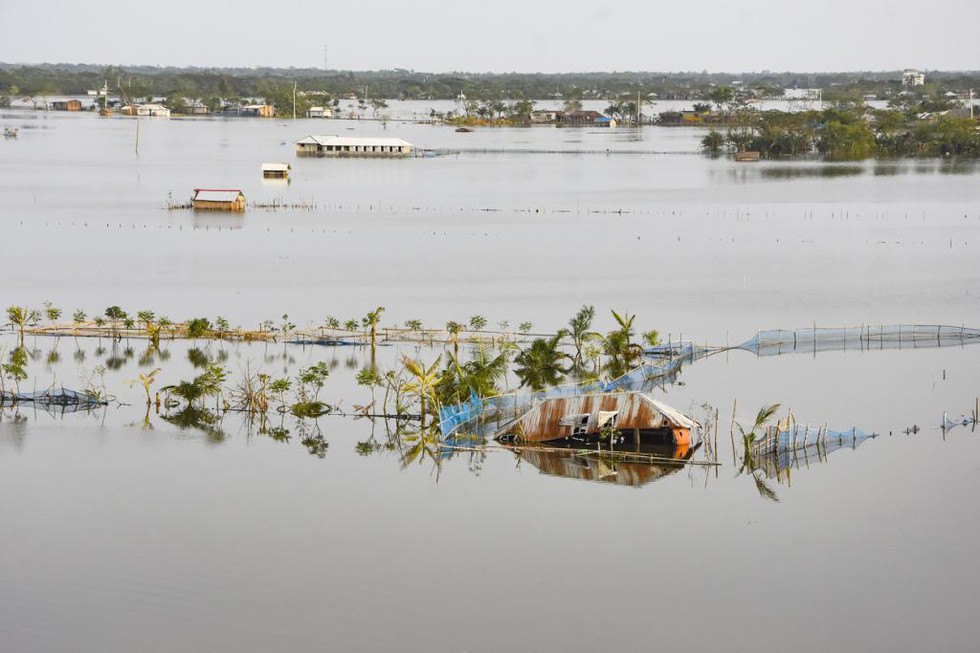At COP27, an agreement was reached to provide loss and damage funding to nations most vulnerable to climate change impacts. COP28 formally established the fund, setting up a board to govern it.
Delay in Board Formation
While developing countries have nominated members to the board, developed countries have not done so as of February 23, 2024. This delay could affect the disbursement of funds pledged at COP28.
Governance Structure
The board comprises 26 members, with a majority from developing nations. However, disagreements among developed countries on seat distribution have stalled nominations.
Operational Challenges
The delay in board formation postpones crucial decisions on fund policies, procedures, and funding allocation. Additionally, securing a host for the fund’s secretariat remains pending.
Implications
Continued delay threatens the 2024 timeline for fund operationalization, risking missed deadlines, including the World Bank’s confirmation to host the fund.
Multiple Choice Questions (MCQs):
- What was agreed upon at COP27 regarding climate change impacts?
- a) Setting up a loss and damage fund
- b) Forming a board for climate adaptation
- c) Implementing carbon offset programs
- d) Establishing emission reduction targets
- How many members constitute the Loss and Damage Fund Board?
- a) 20
- b) 26
- c) 30
- d) 32
- Why has the formation of the Loss and Damage Fund Board been delayed?
- a) Lack of nominations from developing countries
- b) Disagreements among developed countries on seat distribution
- c) Financial constraints faced by the fund
- d) Resistance from the World Bank
- What is the primary responsibility of the Loss and Damage Fund Board?
- a) Setting emission reduction targets
- b) Allocating funds for climate mitigation projects
- c) Governing and supervising the fund
- d) Advocating for climate justice
- Why did developing nations initially raise concerns about the World Bank hosting the fund?
- a) Lack of experience in climate finance
- b) Fear of biased decision-making
- c) Concerns about rigid policies and donor-driven interests
- d) Inadequate financial resources
